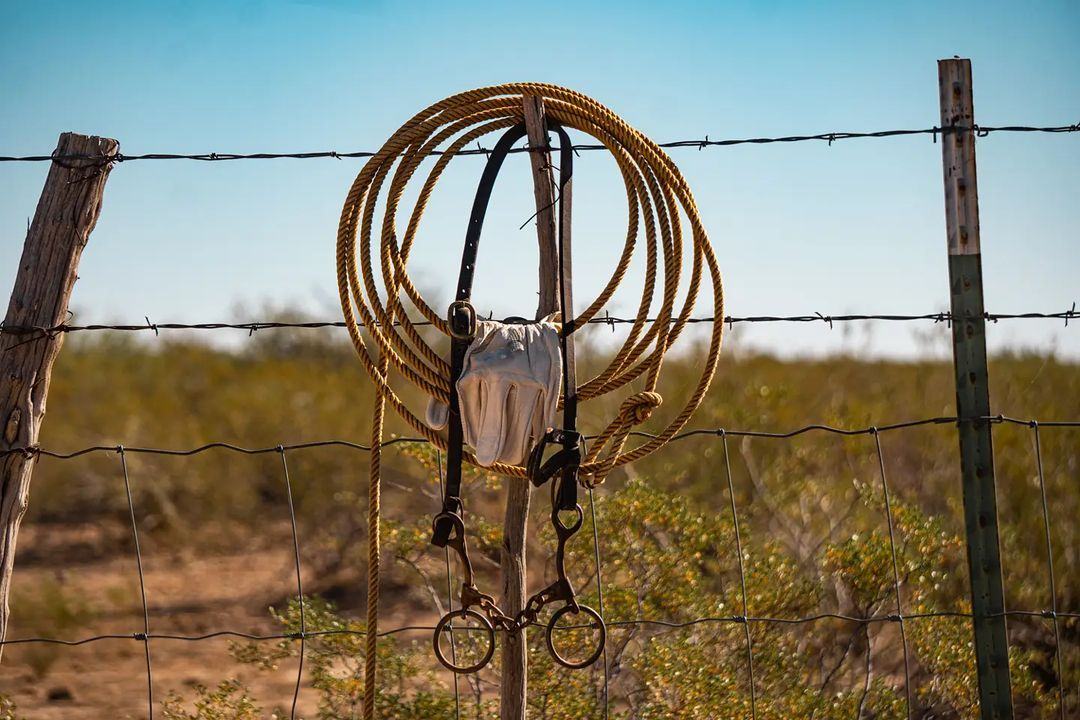Rooted in Quality
For over 100 years, Wells Lamont® has been innovators in creating the most durable, affordable, and technologically advanced gloves on the market.
While a lot has changed since 1907, one thing hasn’t: we’re stubborn about quality. From cut-resistant work gloves that protect in the shop to breathable, water-resistant snow gloves and touchscreen-compatible day-to-day winter gloves.
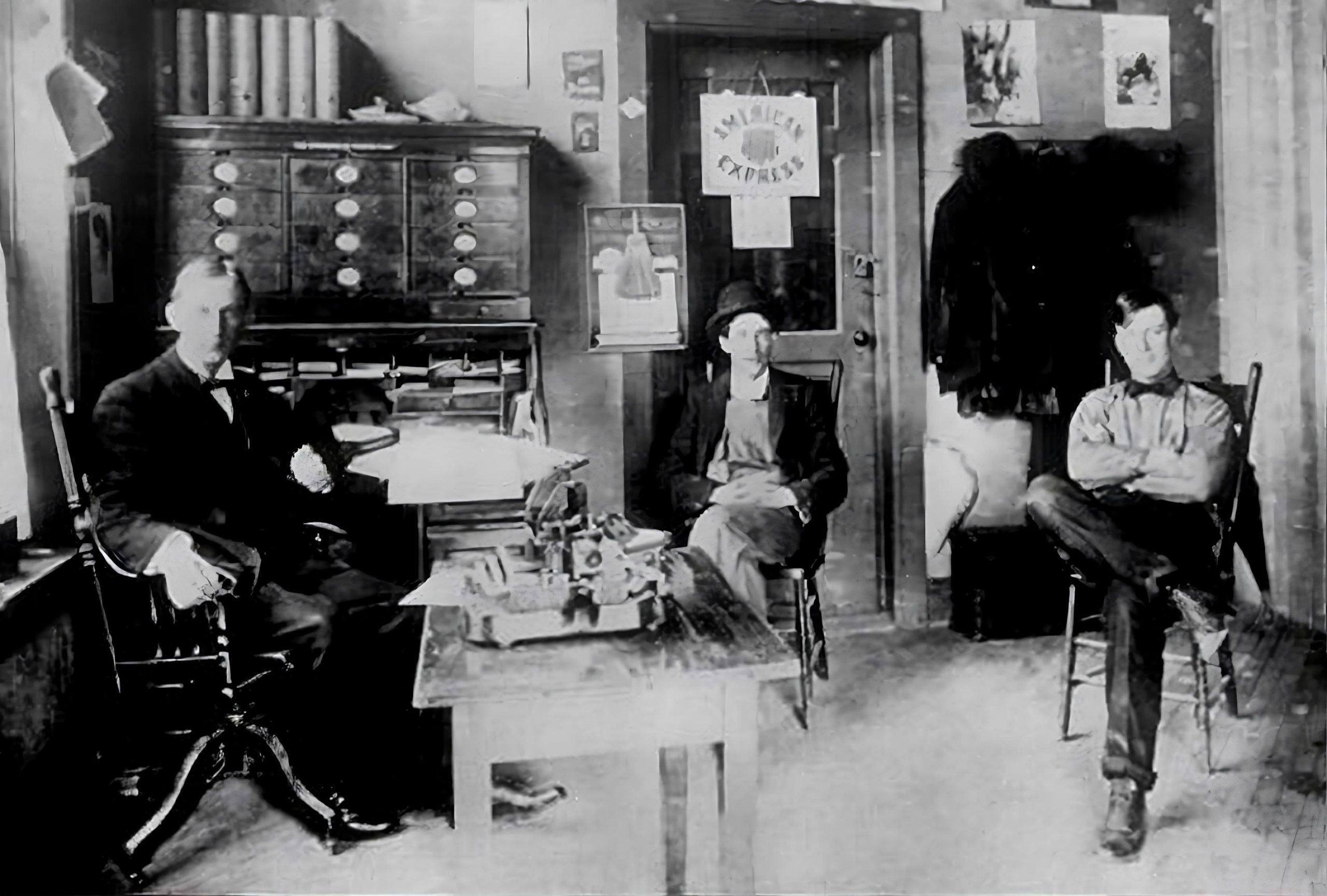
Our History

1907
W.O. Wells establishes The Wells Glove Company in Aberdeen, SD with $500 and five sewing machines. Business was initially dominated by the sales of leather buggy whips & hosiery sales. 3 years later, W.O. phased these out to concentrate their business on making gloves.
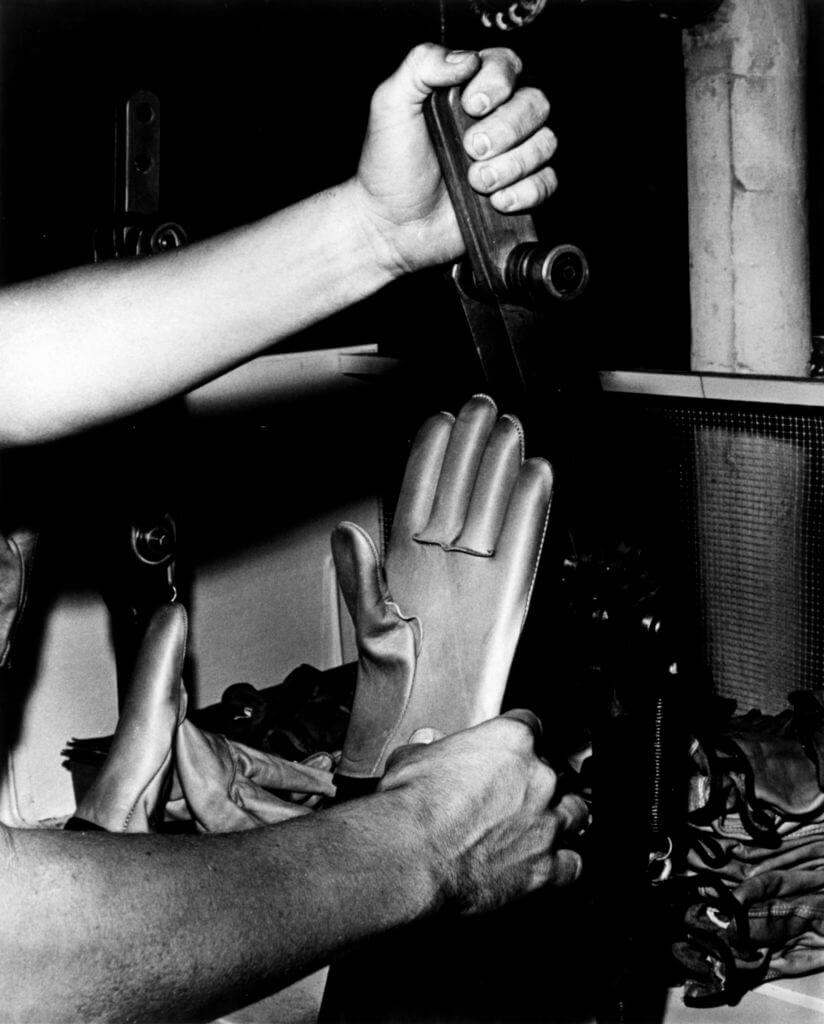
1914
Maurice Lamont joined The Wells Glove Company and the company was changed to Wells Lamont®. Maurice tragically died in a hunting accident six months later. The name was kept to honor W.O.’s friend and business partner.
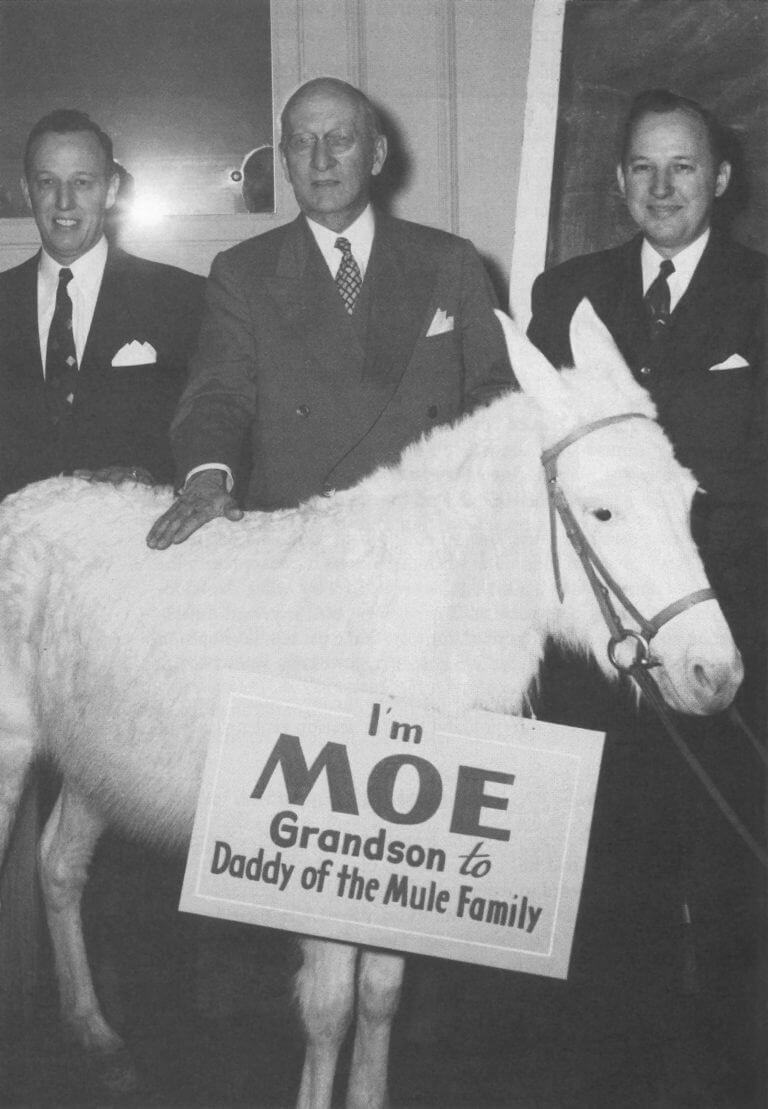
1928
Wells Lamont® introduces its iconic White Mule leather palm glove. These quickly became the most prominent, best selling leather palm gloves in the United States during that time frame. The mule image would eventually be added to the Wells Lamont® logo.
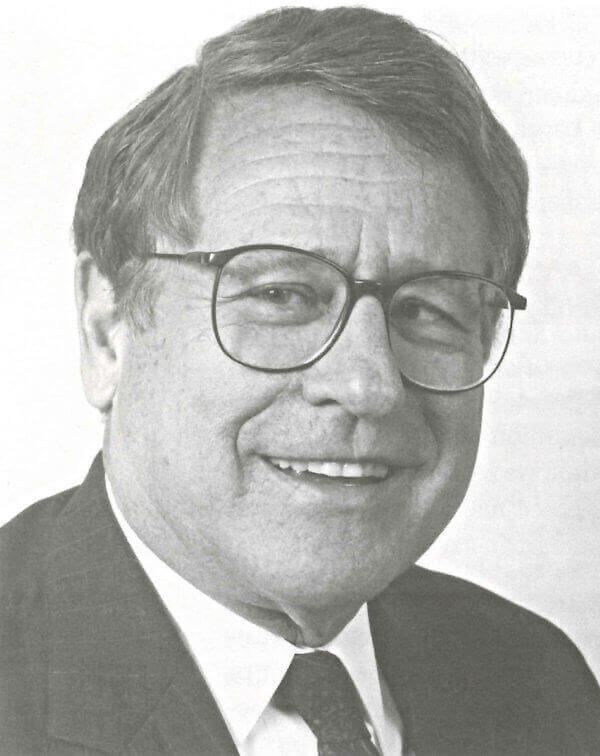
1977
The Pritzker family’s Marmon Group purchases Wells Lamont® with the aim to further overall growth and return-on-investment. The Marmon Group would later be acquired by Berkshire Hathaway.
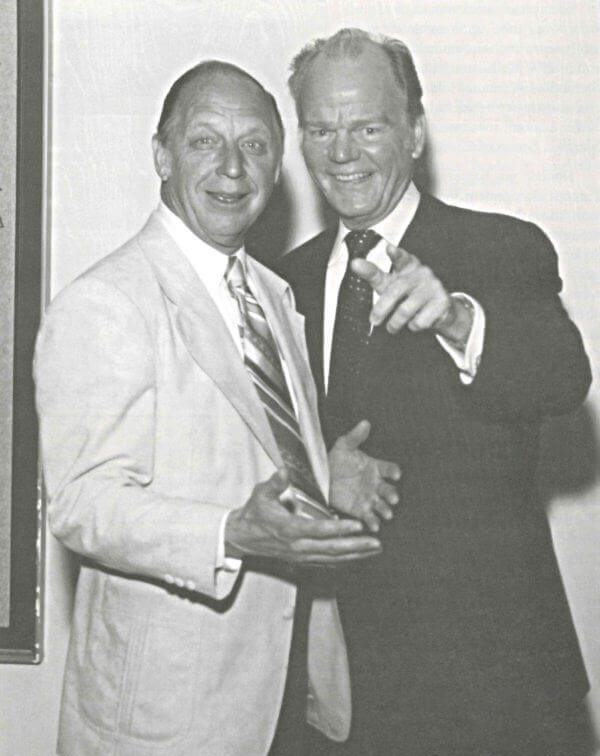
1980’s
Paul Harvey advertised Wells Lamont® and the catch-phrase “Stubborn about Quality.” James Earl Jones was also a spokesperson for Wells Lamont® in the 1980s.
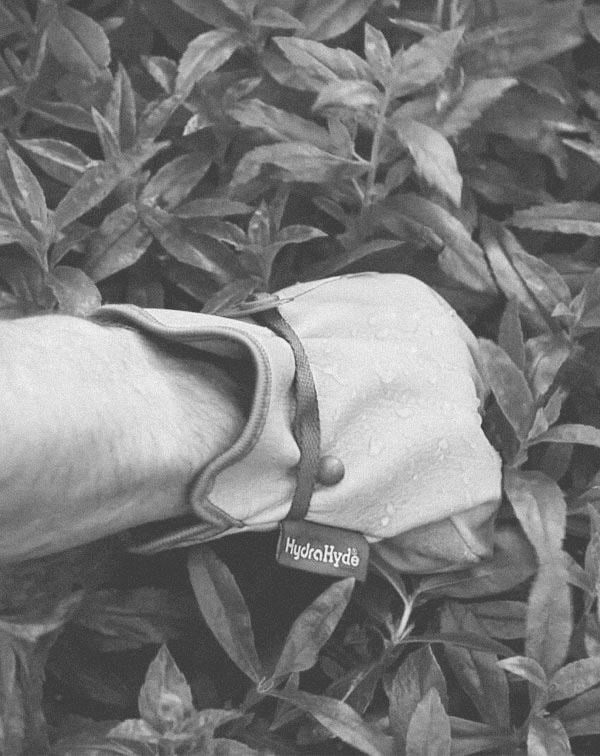
2013
Wells Lamont® introduces HydraHyde® leather gloves. This water-resistant, breathable leather is developed during the tanning process, making it a no-maintenance, long-term option when compared to temporary topical leather wax.
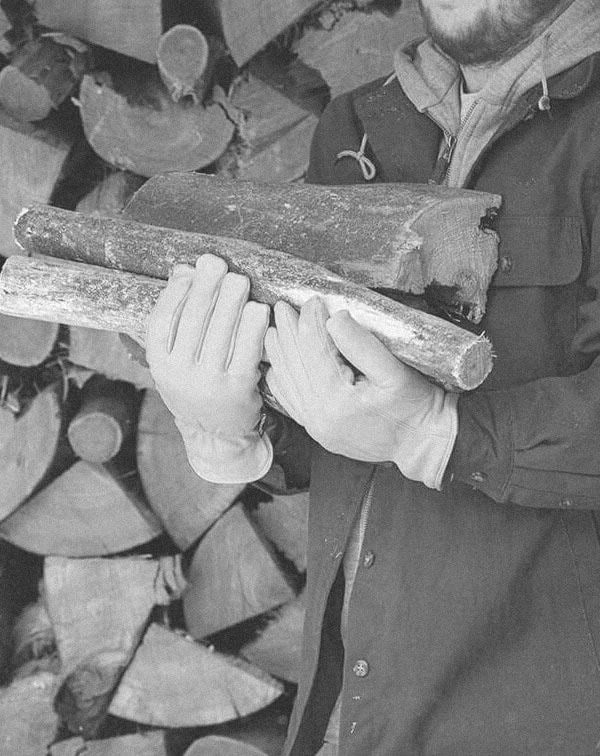
2016
Another innovation follows in 2016 with the introduction of ComfortHyde® leather. A less costly alternative to deerskin, this technology creates the same, supple leather feel with 70% better abrasion resistance.
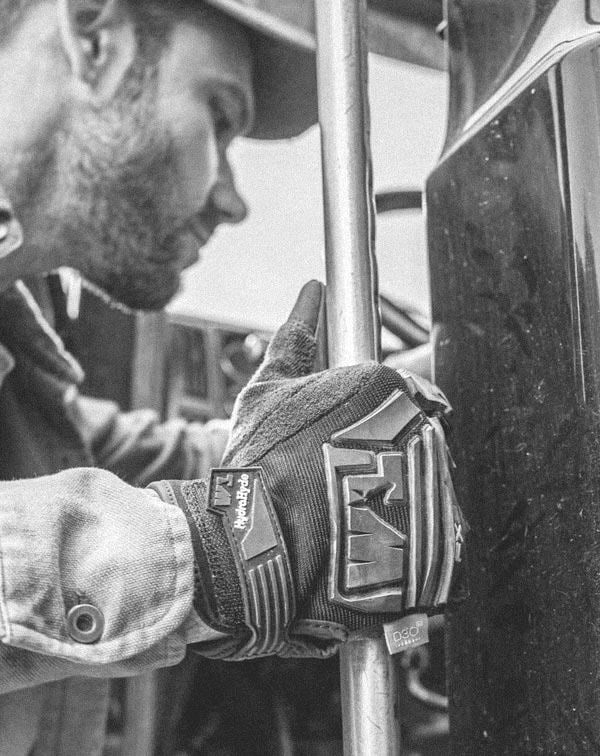
2019
Wells Lamont® announces the most recent line addition to the catalog. The FX3® line focuses on perfecting the FIT, FLEX, and FEEL of high-dexterity work gloves without sacrificing hand safety and protection.
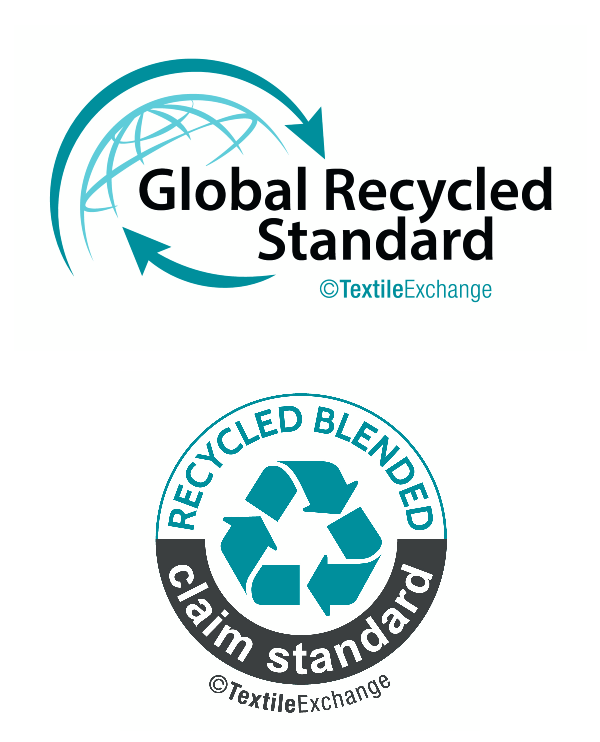
2024
Wells Lamont receives third-party certifications for the use of recycled materials and for meeting social and environmental standards throughout the chain of custody of goods.
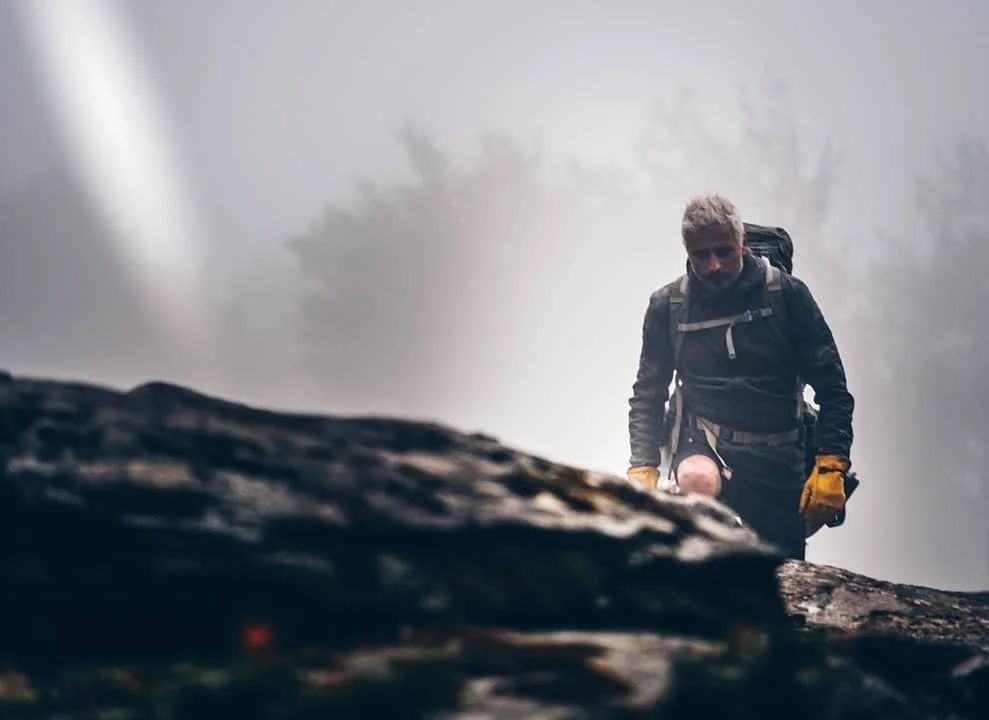
Today’s Commitment is Tomorrow’s Heritage.
Wells Lamont® prides itself on being an American Heritage brand built on integrity and providing quality goods generation after generation. In our eyes, heritage is not only about the past, but also what you create to pass to the future. That understanding – along with another founding principle to correct problems now; not tomorrow – sets the foundation for our sustainability and social responsibility promise.
Our Partners
Partnering with local organizations and social enterprises, Wells Lamont® is proud to provide work gloves to those dedicated to serving the community. If you would like to inquire about becoming a potential Wells Lamont® partner, please fill out the survey on our Contact Us page.

Habitat For Humanity
By partnering with committed residents and trusted organizations, Habitat for Humanity helps families and communities achieve strength, stability and self-reliance through housing, beautification and development projects.

Revolution Workshop
Revolution Workshop is a social enterprise that provides carpentry and woodworking workforce development for unemployed or underemployed people in partnership with area businesses.

Rebuilding Exchange
Rebuilding Exchange is a nonprofit that repurposes building materials & provides job training for people with barriers to employment, making a commitment to education & economic development in Chicago.

Rebuilding Warehouse
Evanston Rebuilding Warehouse is a non-profit organization that promotes the reduction of waste in landfills through sustainable deconstruction and renovation building practices. The organization features a Workforce Training Program for women or men facing barriers to employment.

Feed The Children
Feed the Children, established in 1979, is a non-profit organization that provides resources and essentials after a disaster strikes. Their mission is “providing hope and resources for those without life’s essentials.”

Friends of the Parks
Friends of the Parks inspires, equips, and mobilizes a diverse Chicago to ensure an equitable park system for a healthy Chicago.
